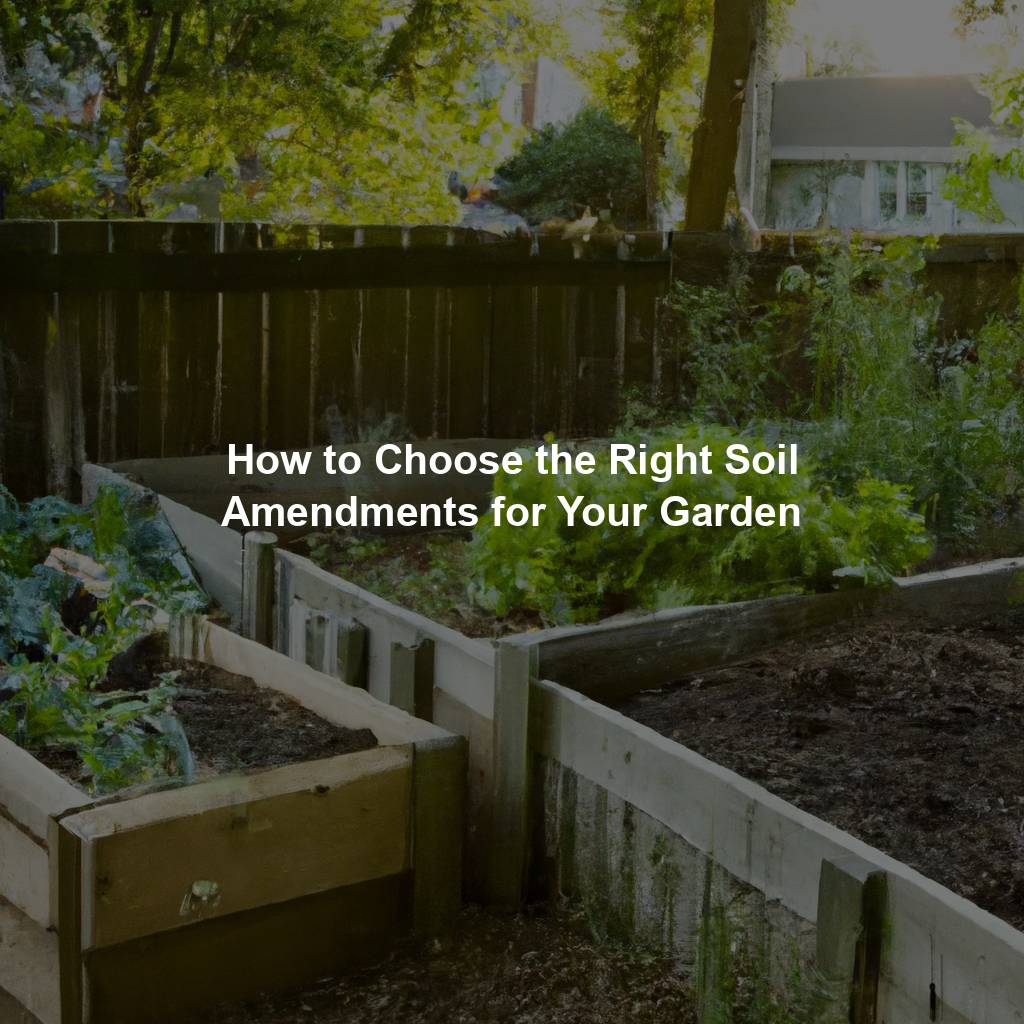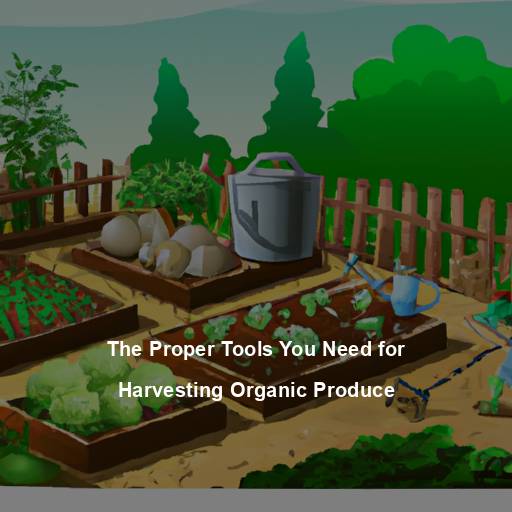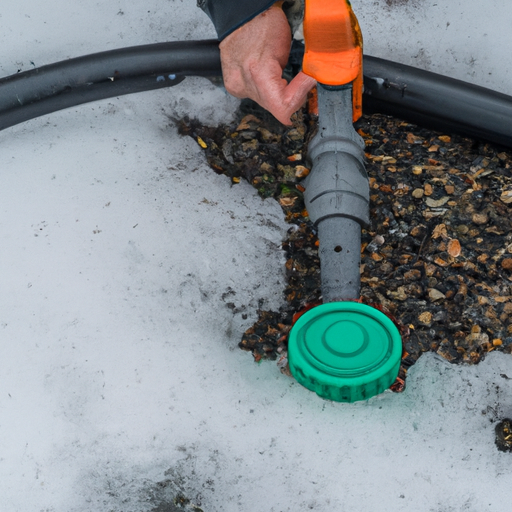Hey there fellow gardeners! As Master Gardeners, we all know the importance of healthy soil in producing thriving plants. However, even with proper care and attention, our soils can become depleted over time. That’s where soil amendments come into play!
Choosing the right soil amendment for your garden can seem overwhelming at first, but fear not – I’m here to help guide you through the process.
By taking a few key factors into consideration, such as your plant’s specific needs and your soil type, you’ll be able to select the perfect amendment to give your garden that extra boost it needs for a successful growing season.
So let’s dive in and learn how to choose the right soil amendments for your garden!
Understanding Soil Composition
As a Master Gardener, understanding the composition of your soil is crucial to choosing the right amendments for your garden. Soil pH and nutrient deficiencies can greatly affect plant growth and health, so it’s important to identify any issues before adding amendments.
Allusion can help us understand this concept by comparing soil to a recipe – just as certain ingredients must be present in specific quantities for a dish to turn out well, plants require certain nutrients in appropriate amounts to thrive.
By testing your soil and pinpointing any imbalances or deficiencies, you’ll be able to choose the best amendments possible to optimize plant growth without overloading on unnecessary supplements.
Remember that each garden is unique, so take time to assess your individual soil needs before selecting the perfect amendment cocktail for success.
Identifying Your Soil Type
Identifying Your Soil Type is crucial when it comes to choosing the right soil amendments for your garden. It will help you determine whether your soil is acidic, neutral or alkaline and what kind of nutrient deficiency it has.
One way to identify your soil type is by testing its pH level using a simple home test kit available at most gardening stores. If the pH level is below 7, then your soil is considered acidic; if above 7, it’s alkaline and if exactly 7, then it’s neutral.
Another method of identifying your soil type is through observation – sandy soils are well-draining but don’t retain nutrients well, while clay soils can hold water and nutrients but have poor drainage.
Once you’ve identified your soil type and nutrient deficiencies, you can choose the appropriate amendments such as lime for acidic soils that need raising their pH levels or sulfur for those that require lowering them. You may also consider adding organic matter like compost to improve overall fertility and structure of the soil before planting.
By taking these steps in identifying your soil type first, you’ll be able to provide the best possible growing environment for your plants without wasting time and money on unnecessary amendments or fertilizers that won’t work efficiently in your specific situation.
Assessing Your Plants’ Needs
When it comes to choosing the right soil amendments for your garden, it’s important to assess your plants’ needs.
This can be done through plant analysis, which involves examining the overall health of your plants and identifying any nutrient deficiencies they may have.
By doing this, you’ll be able to determine which types of soil amendments will best suit your garden’s specific requirements.
For example, if your plants are lacking in nitrogen, you might consider adding a fertilizer that is high in this nutrient.
On the other hand, if your soil is too acidic or alkaline, you could add lime or sulfur respectively to adjust its pH levels.
Whatever type of amendment you choose, make sure to follow instructions carefully and monitor how well it works over time so that you can fine-tune your approach as needed.
Remember that every garden is unique, so what works for one person may not work for another – but with careful observation and attention to detail, you should be able to find the perfect formula for success!
Exploring Different Types Of Soil Amendments
As a Master Gardener, it’s important to understand the different types of soil amendments that can benefit your garden. One major consideration is whether you want to use organic or inorganic amendments.
Organic amendments like compost and manure provide many benefits such as improving soil structure, adding nutrients, and increasing water-holding capacity. In addition to these benefits, using organic amendments also helps reduce waste since they are made from natural materials.
On the other hand, inorganic amendments like perlite and vermiculite can improve drainage but do not add any nutrients to the soil. When choosing an amendment, it’s essential to consider its purpose and how it will affect your specific plants’ needs.
Here are four common types of soil amendments: 1) Compost – great for enriching soil with nutrients while promoting good microbial activity; 2) Manure – provides a rich source of nitrogen, phosphorus, and potassium for plant growth; 3) Perlite – improves soil drainage by creating air pockets; 4) Gypsum – adds calcium and sulfur to soils with high alkalinity levels.
Remember that each type of amendment has its own unique properties that make them suitable for different situations so take some time to explore which ones work best for your garden!
Selecting The Best Amendment For Your Garden
Now that we’ve explored different types of soil amendments, let’s dive into selecting the best amendment for your garden.
First off, it’s essential to understand the difference between organic and inorganic amendments. Organic amendments come from natural sources like compost or manure, while inorganic amendments are made up of synthetic materials such as perlite or vermiculite. While both can improve soil quality, organic amendments provide long-term benefits by adding nutrients and improving soil structure.
When it comes to DIY amendments, effectiveness varies depending on the type of material used and how it’s applied. For example, coffee grounds can be an excellent source of nitrogen when added sparingly to the soil. However, too much can have adverse effects due to its acidic nature. Similarly, eggshells are a great way to add calcium but must be crushed finely before application to avoid clumping.
As a Master Gardener, my recommendation is always to do thorough research before deciding on an amendment for your garden. Consider factors like plant needs and current soil composition when making your choice. Remember that not all amendments work for every situation, so experimentation may be necessary until you find what works best for your specific needs.
By following these guidelines and being patient with trial and error, you’ll be well on your way to a healthy and thriving garden without ever compromising on quality!
Frequently Asked Questions
Can I Use Too Much Soil Amendment In My Garden?
Yes, it is possible to use too much soil amendment in your garden. Over amending can lead to a number of negative effects on plant growth and soil health.
Excessive amendments can alter the pH levels, nutrient balances, and even physical structure of the soil. This may result in stunted or unhealthy plants, as well as increased susceptibility to pests and diseases.
If you suspect that you have over amended your soil, there are recommendations for correcting this issue. One option is to add unamended soil to dilute the excess amendments. Alternatively, you could wait until the next growing season and avoid adding any additional amendments until then.
As a Master Gardener, I recommend testing your soil regularly and following recommended guidelines for amending based on those results.
How Often Should I Apply Soil Amendments To My Garden?
When it comes to the frequency of application for different types of soil amendments, there is no one-size-fits-all answer. It depends on factors such as the type of amendment used and the specific needs of your garden.
However, a general rule of thumb is to apply organic amendments once or twice a year in the spring and fall. Inorganic fertilizers can be applied more frequently but always follow package instructions.
The benefits of using various types of soil amendments are plentiful – they can improve soil structure, increase nutrient availability, and enhance plant growth and productivity.
So don’t hesitate to experiment with different amendments until you find what works best for your garden!
Is It Better To Use Organic Or Synthetic Soil Amendments?
When it comes to soil amendments, the decision between organic and synthetic options can be a tough one. Both have their pros and cons, so it’s important to weigh them carefully before making your choice.
Organic amendments are typically more environmentally friendly, but they may not be as effective or long-lasting as their synthetic counterparts.
On the other hand, synthetic amendments may provide quicker results and greater control over nutrient levels, but they can also harm beneficial microorganisms in the soil.
Ultimately, whether you choose organic or synthetic amendments will depend on your specific needs and preferences – there is no clear winner in terms of effectiveness comparison.
Can Soil Amendments Harm Beneficial Insects And Microorganisms In My Garden?
Can soil amendments harm beneficial insects and microorganisms in your garden?
As a Master Gardener, I understand the importance of using soil amendments to improve plant growth. However, it’s crucial to consider their impact on pollinators like bees and other beneficial organisms.
Some synthetic fertilizers can be harmful, but there are many organic options that provide benefits for both plants and the surrounding ecosystem. For instance, compost is an excellent choice as it helps build healthy soil while attracting earthworms and promoting microbial activity.
So, when choosing soil amendments, always prioritize those with minimal negative effects on pollinators and beneficial microorganisms.
Are There Any Soil Amendments That Should Be Avoided For Specific Plants Or Soil Types?
When it comes to choosing natural amendments for your garden, it’s important to consider any potential negative effects on specific plants or soil types.
Some amendments can alter the pH levels of the soil, which may be beneficial for certain crops but harmful for others.
For example, adding lime to acidic soils can help balance the pH and improve crop growth, while using sulfur in alkaline soils can have a similar effect.
However, some amendments such as fresh manure should be avoided directly around plant roots due to its high nitrogen content that might burn young plants.
Understanding the needs of your individual plants and soil is key when selecting the right amendments for you garden.
Conclusion
In conclusion, choosing the right soil amendments for your garden can make a world of difference in the health and productivity of your plants.
While it is possible to use too much amendment, applying them regularly will help ensure that your soil stays healthy and balanced.
When deciding between organic or synthetic options, consider both the long-term benefits to your garden as well as any potential harm to beneficial insects and microorganisms.
As a Master Gardener, I know firsthand how important it is to choose wisely when selecting soil amendments for your garden. By avoiding certain amendments for specific plants or soil types, you can prevent damage and promote growth.
Remember, gardening is not just about growing beautiful flowers or delicious fruits and vegetables – it’s also about cultivating a connection with nature and finding joy in nurturing life.
So go ahead and get dirty! With patience, care, and the right soil amendments, you’ll be amazed at what you can grow.






